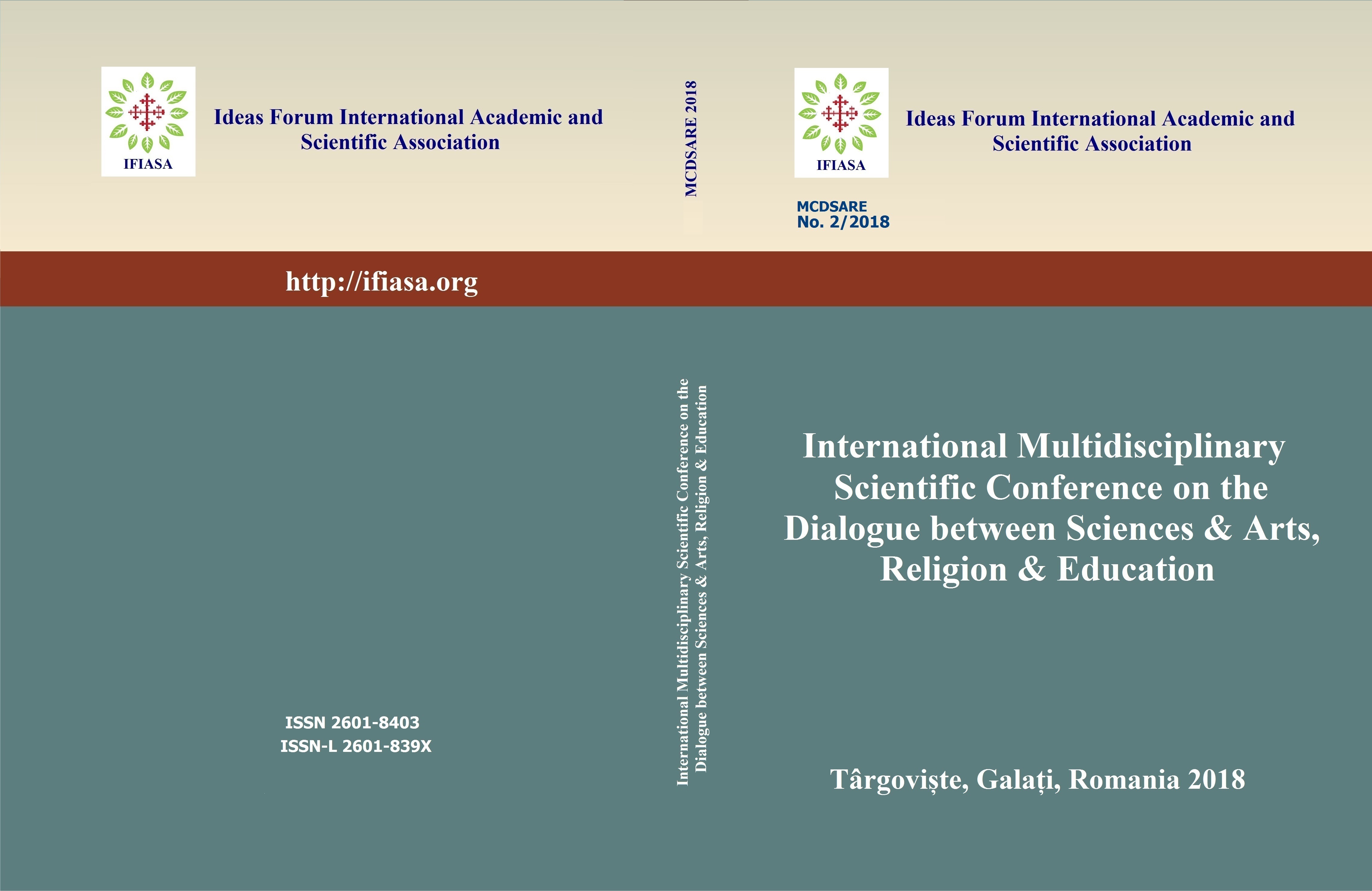FROM PHENOMENON TO REPRESENTATION. PHYSICAL SPACE AND LOGICAL SPACE– TRANSCENDENTAL COMPLEMENTS
FROM PHENOMENON TO REPRESENTATION. PHYSICAL SPACE AND LOGICAL SPACE– TRANSCENDENTAL COMPLEMENTS
Author(s): Iulian GRIGORIUSubject(s): Philosophy
Published by: Ideas Forum International Academic and Scientific Association
Keywords: Wittgenstein; reprezentationism; mathematics; logical space; phase space; grammatical space;
Summary/Abstract: In this article I propose to investigate the mechanism by which we represent a certain phenomenon, howwe fit into similar phenomena, whether this representation is unique, unitary, which philosophical andlogico-ontological resources intervene in such situations. Graphical, formal, logical, conceptualexpression in the field of knowledge is not unique, but reflects a certain natural connection between thephenomenon and its form of representation, which is why we use the term representationism. It is properto mathematics, physics, logic, sociology, psychology and other disciplines. The relativization of therepresentative framework of science and implicitly of mathematics is very visible in Wittgenstein's work.There are several opinions under discussion on the theoretical model followed by the Austrianphilosopher from Tractatus Logico-Philosophicus to his later writings. But they all gain unity in the lightof the concept of representationism that I support. In this article, I want to stop only at the physicalisticfiliation of reprezentaţionism, expressed by the connection between the Space of phases in physics andLogical Space (conceived by Wittgenstein). This connection is one of a transcendental possibility: asspace and time are a priori intuitions (not concepts, not empirical results), intuitions that underlie thecoordinates of physics, the same transcendental contact I have with the existential coordinates of truth ("itexists" and "does not exist": "truth" and "false") that are logically and ontologically coordinates. Here wehave in mind the fusion of Space of phases in physics (Hertz, Boltzmann) and the Wittgenstein LogicalSpace that prefigures the same author's Grammatical Space, as a move from Kantian transcendentalism toconstructivism and conventionalism.
- Issue Year: 2/2018
- Issue No: 2
- Page Range: 182-187
- Page Count: 6
- Language: English

